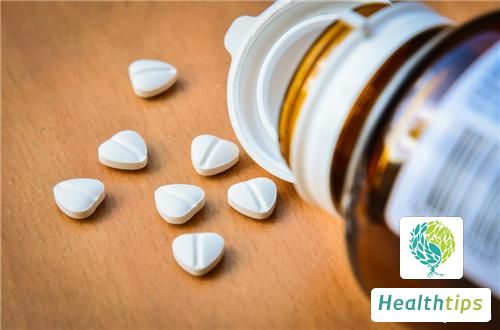Can Hepatitis B Vaccine Be Administered Earlier?
Hepatitis B is an infectious liver disease that affects many people in daily life. It has an impact on physical health, and currently there is no medication that can completely cure hepatitis B. After the birth of a newborn, doctors will vaccinate the child with hepatitis B vaccine. If we do not have hepatitis B antibodies in our bodies during physical examination, we need to receive the hepatitis B vaccine, otherwise it is easy to contract hepatitis B. The hepatitis B vaccine requires several inoculations and generally should not be inoculated early.

It is not recommended to inoculate the hepatitis B vaccine early. Generally speaking, the hepatitis B vaccine is divided into three doses, which are injected at 0, 1, and 6 months respectively. The first month is generally between the first and second doses, and the time should be greater than or equal to 28 days. The time between the second and third doses needs to be greater than or equal to 60 days. Therefore, it is generally not recommended to inoculate the hepatitis B vaccine early, but it can be postponed. Postponing by one to two months generally does not affect the efficacy of the vaccine. After receiving three doses of the vaccine, it is necessary to complete a five-item hepatitis B test within two to three months. If the hepatitis B surface antibody is positive, it indicates successful vaccination. If it is negative, re-vaccination is required.
Injection of the hepatitis B vaccine can stimulate the body to produce hepatitis B virus surface antibodies and prevent tissue organs from being invaded by the hepatitis B virus. Generally, the effectiveness of the hepatitis B vaccine can last for about 5-15 years. After injection of the hepatitis B vaccine into the human body, the amount of hepatitis B virus surface antibodies produced by the body is related to the immune response of the body. People with strong immune responses produce a larger amount of antibodies, while those with weaker immune responses produce a smaller amount. As the injection time extends, the titer of antibodies in the body will gradually decrease. When the antibody titer is lower than 10IU/mL, the vaccine no longer has protective effects, so the effective time of the hepatitis B vaccine varies from person to person. Additionally, before receiving the hepatitis B vaccine, it is necessary to undergo a blood test for the five hepatitis B items, and the vaccine can only be inoculated if all five items are negative.
Before receiving the vaccine, it is necessary to check for hepatitis B virological markers. If you have already been infected with the hepatitis B virus or have already produced protective antibodies, there is no need to receive the vaccine. After receiving the vaccine, it is important to rest, avoid strenuous exercise, and refrain from drinking alcohol. It is worth noting that the injection site should be kept clean and it is best to avoid vigorously scrubbing for three days to prevent local infection caused by scratching. One to three months after receiving the third dose, you can go to the hospital to check the level of protective antibodies to determine the effectiveness of the vaccination.



















